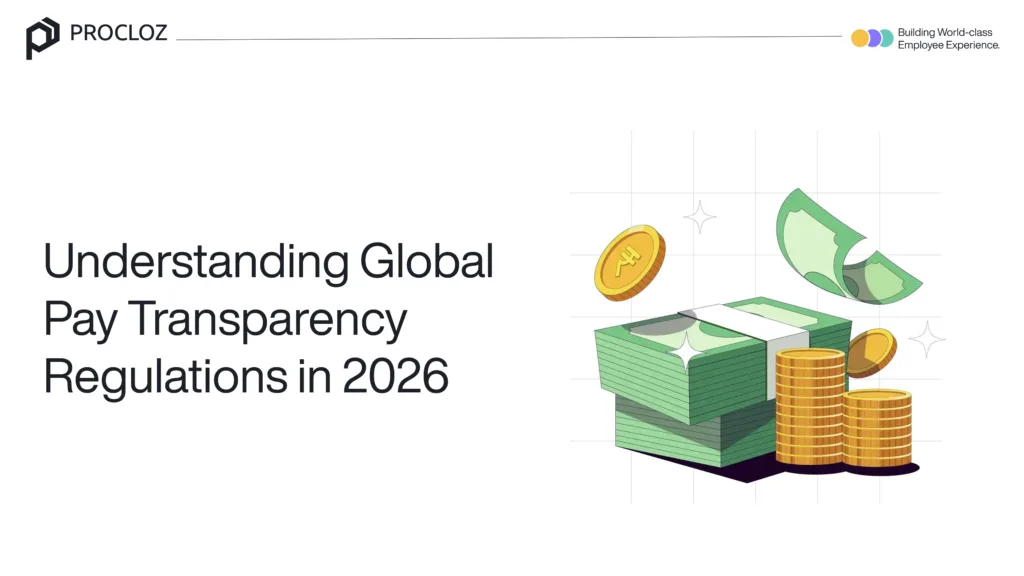An effective payroll process is one of the most essential functions in organizations, but to attain hassle-free payroll was no easy thing for Australian businesses. Myriad payroll problems lead to dissatisfaction among the employees in the organization. About 33% of Australian organizations’ payroll managers have admitted that the error had been made during the employee payment. This can be solved by implementing an effective global compensation strategy, which helps to streamline the payroll management. Let’s dive into some of the common global payroll challenges faced by Australian organizations:
7 Common Global Payroll Challenges in Australia:
- Compliance with legislation: Australian organizations need to comply with different state and federal legislation when it comes to payrolls, such as the Fair Work Act, Superannuation Guarantee laws, and taxation laws. Mistakes in tax calculations could lead to penalties or fines and cause risks to businesses.
- Complex Australian Payroll System: Australia’s award system creates a labyrinthine structure with various Enterprise Agreements (EAs) on top of the base award rates. A workforce management solution provider highlights the struggle that few organizations in Australia have transitioned to cloud-based platforms, leading to data silos and integration issues specific to the Australian payroll landscape.
- Payroll Processing Errors in Australia: Due to the complexities of the Australian payroll system and a reliance on manual processes, Australian businesses are prone to payroll processing errors, costing them millions annually.
- Ensuring Data Security in Australian Payroll: With the rise of cloud-based payroll and remote work, data security is paramount. A PwC Australia report emphasizes the lack of robust data security measures in many organizations, leaving them vulnerable to breaches, which can be especially risky in the Australian regulatory environment.
- Managing payroll for remote workers: Managing payroll for remote workers in Australia requires robust systems to track remote employee hours and ensure compliance with complex regulations around pay and entitlements.
- Dealing with manual processes: In Australia, 48% of businesses still rely on manual payroll processes like spreadsheets in Australian payroll, which is not only time-consuming but also leads to error-prone and inefficiency. Switching to automated payroll systems can help streamline the process and reduce errors in organizations.
- Employee category in payroll: Classifying employees correctly is crucial in Australia. Misclassifying salaried, hourly, or casual workers can lead to hefty penalties for underpayment of entitlements like superannuation, a major component of the Australian payroll.
How can global payroll challenges puzzle out in Australia?
The payroll challenges faced by Australian businesses can be effectively resolved by implementing automated payroll systems. Organizations should ensure compliance with local tax laws and regulations, and seek assistance from payroll professionals. Also, Australian organizations can achieve streamlined payroll management by partnering with global payroll service providers. Impactful payroll solutions are essential for business operations and by enforcing a centralized payroll process consistently, Australian businesses can prevail over these global payroll challenges conclusively.
Summing Up:
The global payroll challenges may seem difficult, but they can be resolved with the implementation of strategic payroll software, adapting technological advancements, and international payroll management. As there is no one-size-fits-all global payroll solution, therefore organizations must question when choosing a payroll method that meets their business goals. Australian Organizations must concentrate on enhancing their australian payroll management to improve employee satisfaction and expand their businesses across the globe.




